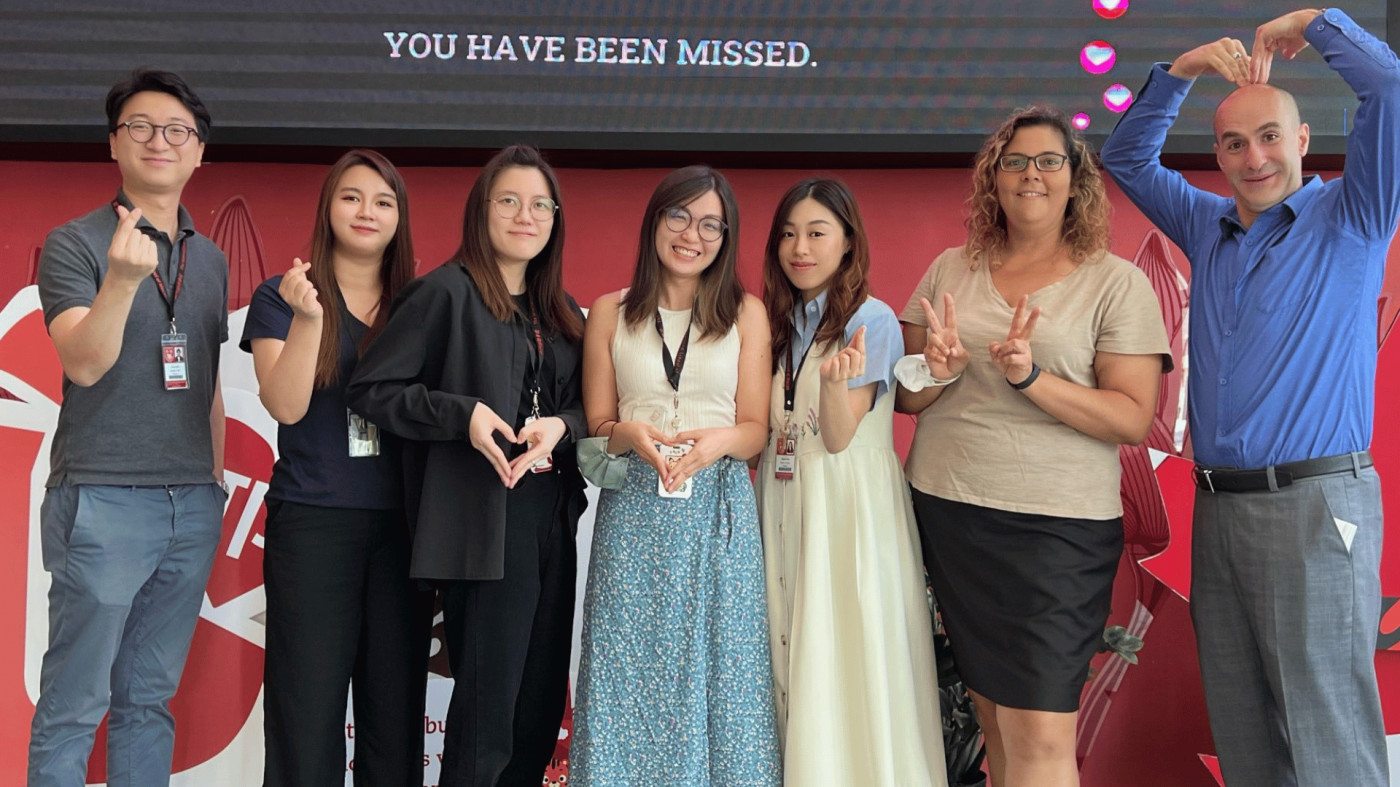
Empowering Change: Helping Kids Adapt and Thrive
As we move into the final part of the year, many families and children begin to think about the transitions that will be a part of their lives. This can include moving locations, changing grades or divisions, or moving on to post-secondary education and life after TIS. As someone who had moved 11 times over the course of my childhood, these transitions were a common occurrence in my life and while challenging, also developed many positive skills that prepared me for the future. While change and uncertainty can cause stress and anxiety for both the child and family, there are many ways we can support children through these changes and help them to adapt, understand and cope with the emotions that may occur.
Create a plan to help ease the transition.
When we have the opportunity, providing adequate time to allow children to adjust to a transition can give them the time to understand and work through their emotions. Our own daughter will be flying for the first time and this to her is a major transition. To help we have given a countdown, taken books out about flying, and talked about how she may feel during the flight. She has helped with the packing, and we have watched videos about the destination to build excitement. Each night we count how many days are left, and this is reassuring to her.

We can’t always control change, but when we can it also allows closure for families. Many of us were unable to say goodbye to friends, students, and families over the past three years and it was hard emotionally in many situations. Having time to properly work through these farewells allows us to recognize and work through our emotions. As someone who has had to say farewell to many friends over the years, this was really important in being able to move on to the next change in life.
Have a conversation with your children
Another aspect to change that can support children is to talk to them about why the change is happening. It could be job-related, moving closer to family, or for better opportunities. Being able to share in a way that is age appropriate can help provide a rationale to a child who may be struggling to understand the change and may take it personally. I still remember my father sharing that we were moving as he had a new job after being laid off. I was at an age where I was mature enough to understand this concept and while the change was still difficult, I could recognize we were moving to ensure our family was in a better place.

Seek support from those around you
In school, transitions and change can also be challenging. With the prospect of new teachers, classes, timetables, and expectations, as we move through school these changes can be difficult. There are, however, many supports in place to help students transition at TIS. For students who are feeling overwhelmed, there is a counselling self-referral option they can use to get in touch with a counsellor. There are also transition meetings between divisions to support students moving from kindergarten to elementary and then on to secondary. As children, move toward graduation, our academic counsellors support students and families in preparing them for post-secondary education. From PK-Grade 12 we at TIS are committed to supporting students and their families through change.

Glass half full
It is important, however, to also recognize the positives to change and the skills it can help students develop. Working through change can make students more adaptable and resilient. Being able to navigate new environments, meet new people, and adjust to new circumstances and environments can benefit them in the future when they may go to university or have a job that requires them to move to different countries. If the change is abrupt, the skills they learned early on, can help them to manage their emotions and think logically and critically in stressful situations. Finally, when placed in new environments, they will be able to make new connections and learn how to build relationships in new communities. These social skills can be of great benefit to their future careers and give them the confidence to pursue new avenues of opportunity.



